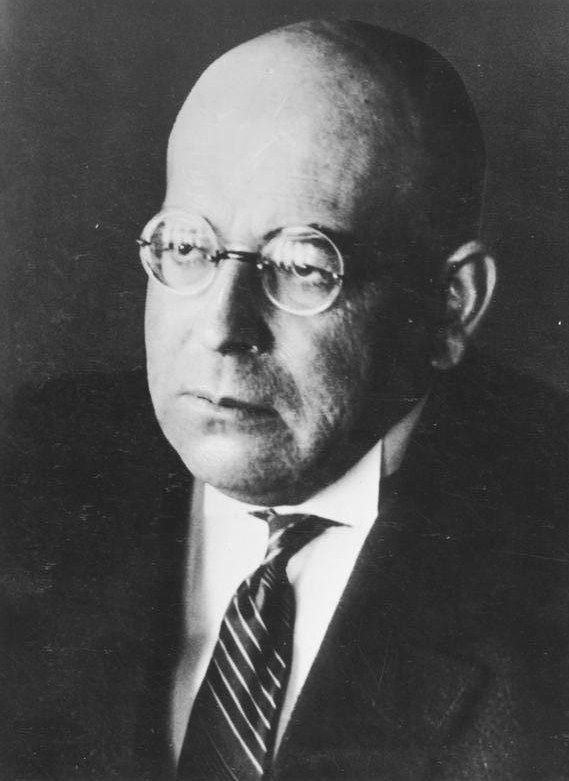On this date Oswald Spengler died (1880 – 1936).
Frye’s “Spengler Revisted” can be found here.
Frye in one of the late notebooks:
Spengler: I never did buy his “decline” thesis, which I realized from the beginning was Teutonic horseshit, closely related to the Nazi hatred for all forms of human culture. (Well, not just Nazi; Stalin had just as much of it.) No, as I’ve said, what struck me was, first, the sense of the interpenetration of historical phenomena, a conception of history in which every phenomenon symbolizes every other phenomenon.
Along with that came the conception of a culture in which works of culture show a progressively aging process. You have pure tradition in primitive societies, where conventions just repeat over and over, and you have a culture in which tradition accruse a self-consciousness in regard to itself, so that it must be where it is: i.e. Beethoven could only have come between Mozart and Wagner. This growth of self-awareness in tradition is recapitulated in the life of the poet or artist, which gives biography a genuine function in criticism. (CW, 6, 649)


I am just getting into Spengler – and I find him to be a genius. His warnings are absolutely prophetic, and an affirmation of the creative and productive impulse.
To say that he had a “hatred of all culture” is one of the most idiotic statements I have ever heard.
Frye actually says that Spengler’s “decline” thesis is “closely related” to Nazi hatred of all culture.
You may want to read Frye’s “Spengler Revisited” to get a more comprehensive view: http://books.google.ca/books?id=WzgZrML6tQ0C&pg=PA297&dq=northrop+frye+spengler+revisited&hl=en&ei=lPiyTd7jMMmugQel24TICw&sa=X&oi=book_result&ct=book-thumbnail&resnum=1&ved=0CC8Q6wEwAA#v=onepage&q&f=false
I redact my previous comment – you can remove it if you want to.